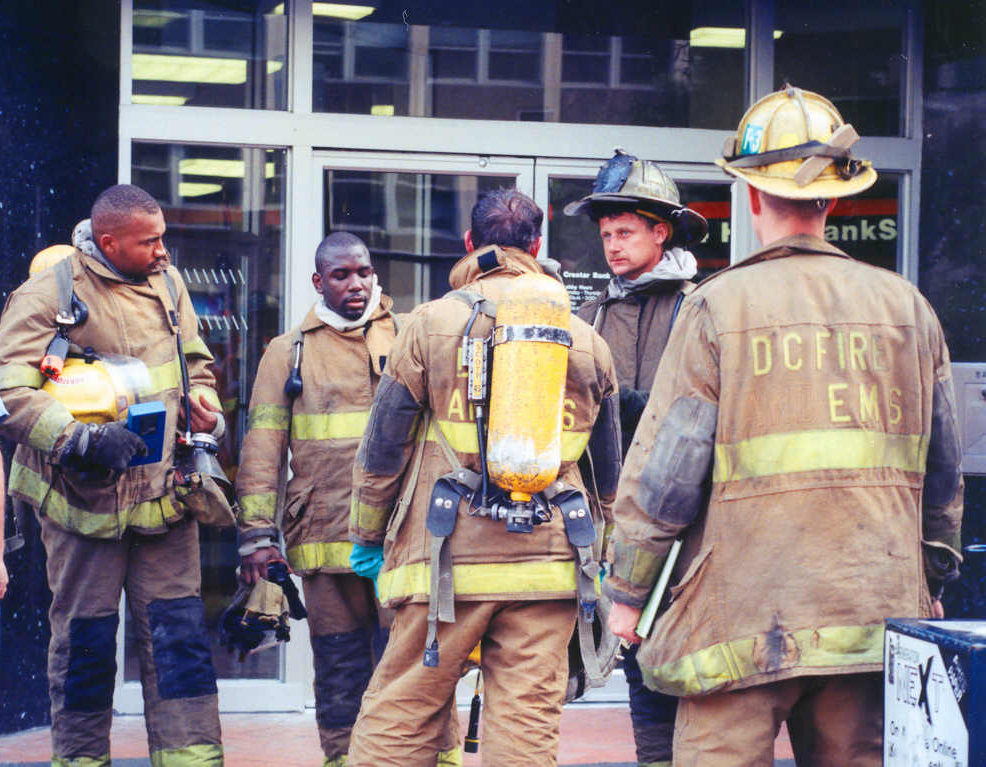Brazilian police arrested individuals connected to a “credible security threat” just hours before Lady Gaga’s historic 2.5 million-person concert at Copacabana Beach, authorities revealed Sunday.
The suspects allegedly planned to detonate smoke bombs near the main stage, according to Rio’s Security Secretary Fernando Costa. Their identities remain undisclosed as investigations continue. They made the tactical decision to withhold this information during the event to prevent panic.
The security operation deployed over 3,000 officers throughout Copacabana, with plainclothes personnel blending into the crowd. Authorities confiscated smoke devices, communication equipment, and maps marking strategic points around the stage area.
The decision to keep the arrests quiet raises serious questions. While preventing panic makes sense, transparency allows concertgoers to make informed safety decisions. Artists and those around them often have to keep an open eye, you never know when fame can cause conspiracy, and not just for Gaga.
Multiple concertgoers interviewed by local media reported feeling safe throughout the event, with many noting that security was visible but not overwhelming. Most were unaware of any security concerns until the next day’s announcements, when 2 were arrested in alleged connection to the plot.
This incident arrives as Brazil continues rehabilitating its international security reputation. The successful management of both security threats and crowd control represents significant progress for Rio’s law enforcement capabilities.
As free mega-concerts become increasingly common marketing strategies for major artists, the security protocols developed here will likely become templates for future mass gatherings.
The concert—combining spectacular staging, effective security, and one of the world’s most iconic beaches—proves that even in an era of heightened security concerns, cultural events of unprecedented scale can still proceed smoothly when properly managed.


























